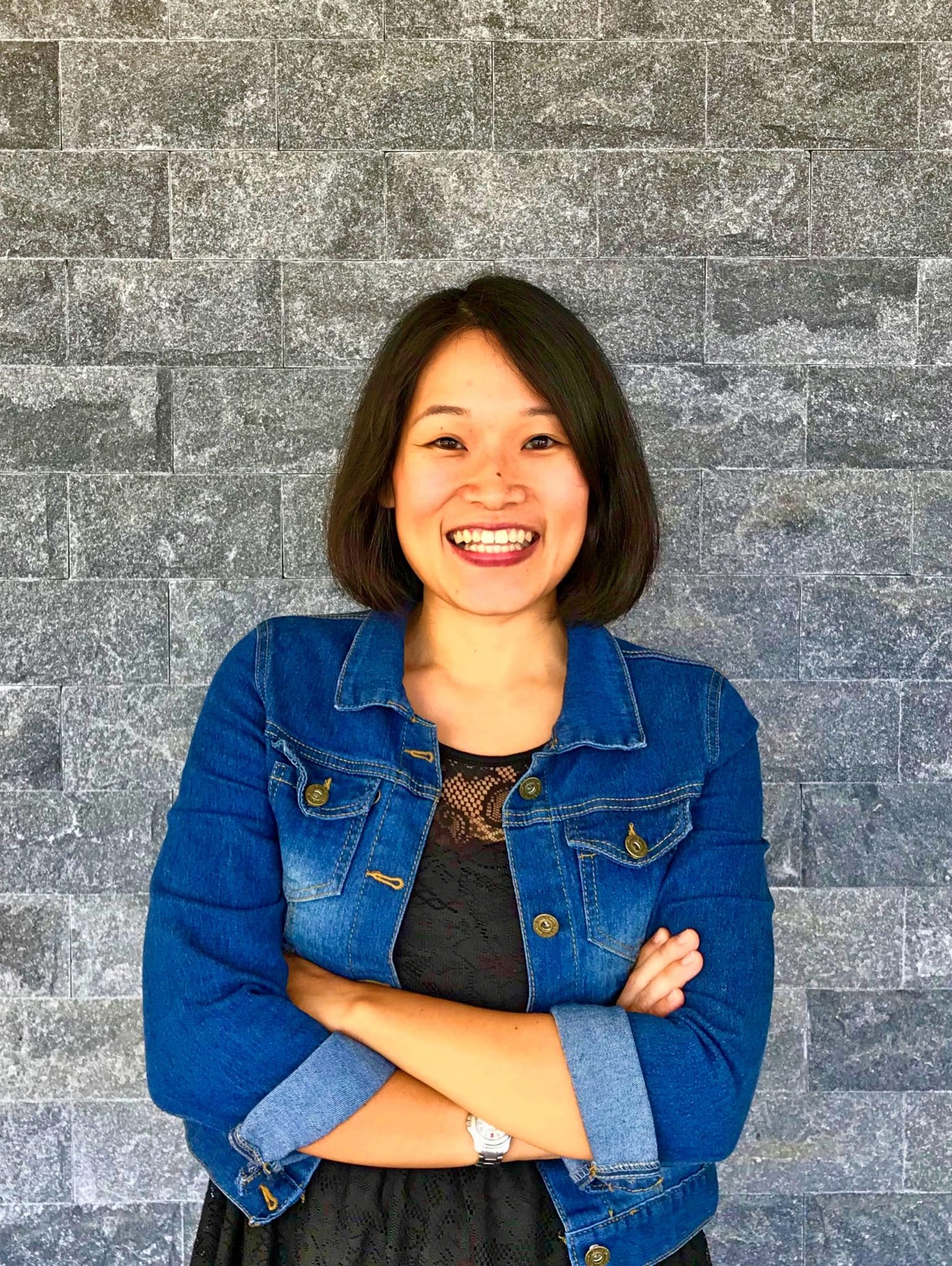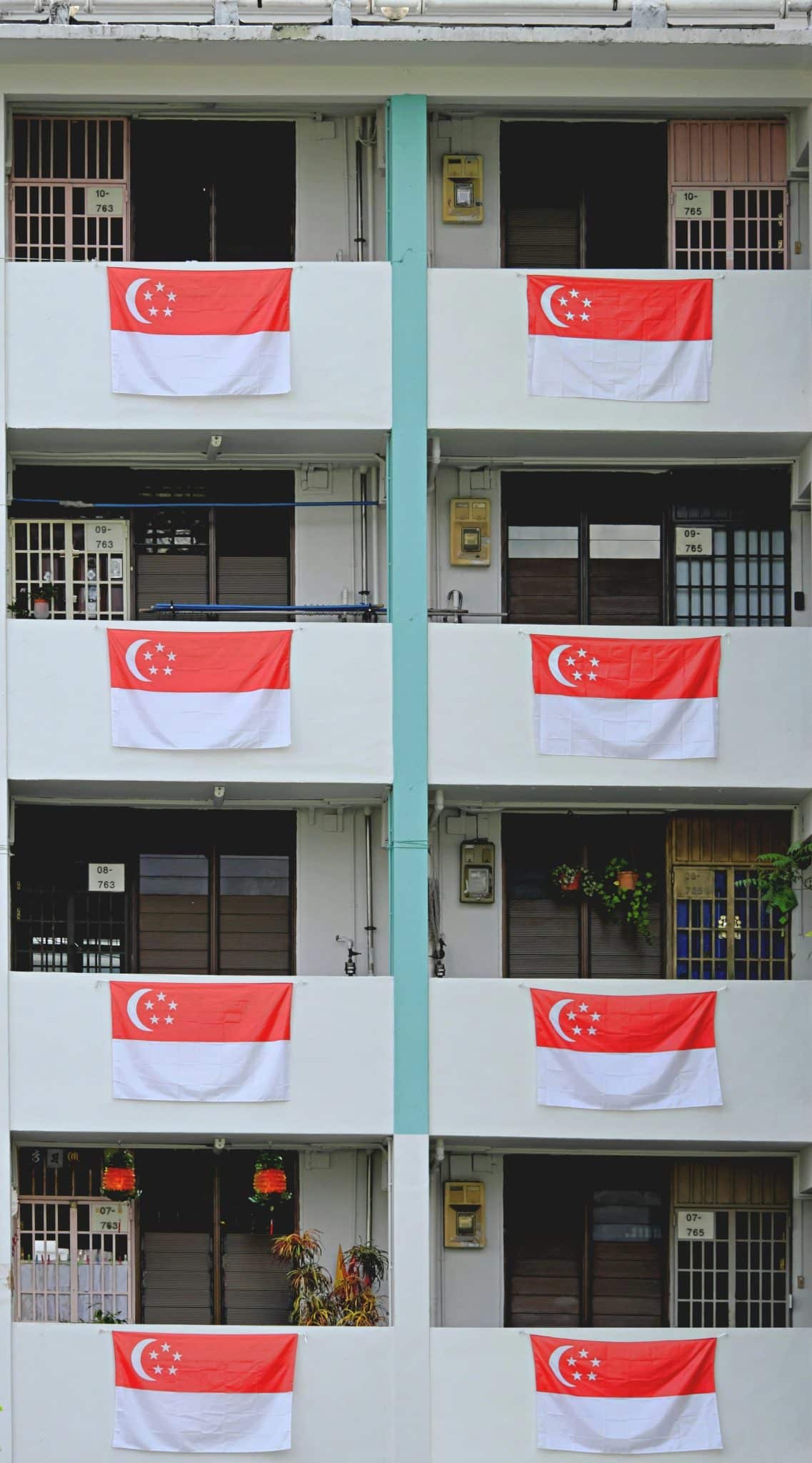“Our arms, once filled, now ache with longing to embrace our son”: How one couple found hope after losing their only child
Via the Salt&Light Malaysia desk
Deborah Chan // April 28, 2025, 9:00 am
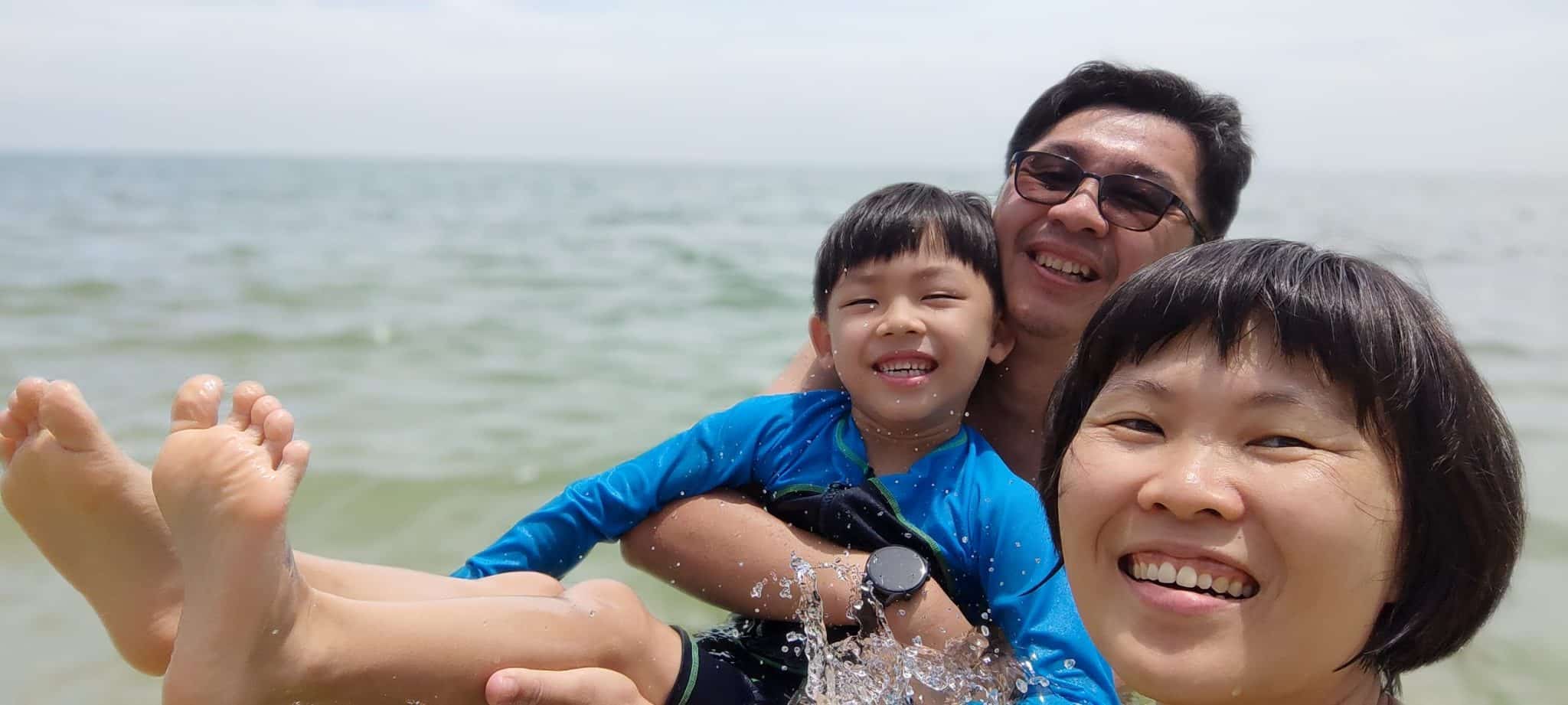
When Zech died, the Lohs were left grieving and wondering: "Why us? Why now?" All photos courtesy of the Lohs.
The earth trembled before dawn on December 16, 2022. It was 2.08am when the deafening roar of collapsing soil shattered the stillness of the night.
What was meant to be a fun family camping trip quickly turned awry. At Father’s Organic Farm in Batang Kali, Malaysia, TS Loh bolted upright in his tent, his heart pounding as he watched the tree line shift and disappear.
A landslide had just swallowed everything in its path, including his wife, Tan Ei Ein, and their seven-year-old son, Zech, who were sleeping in the car.
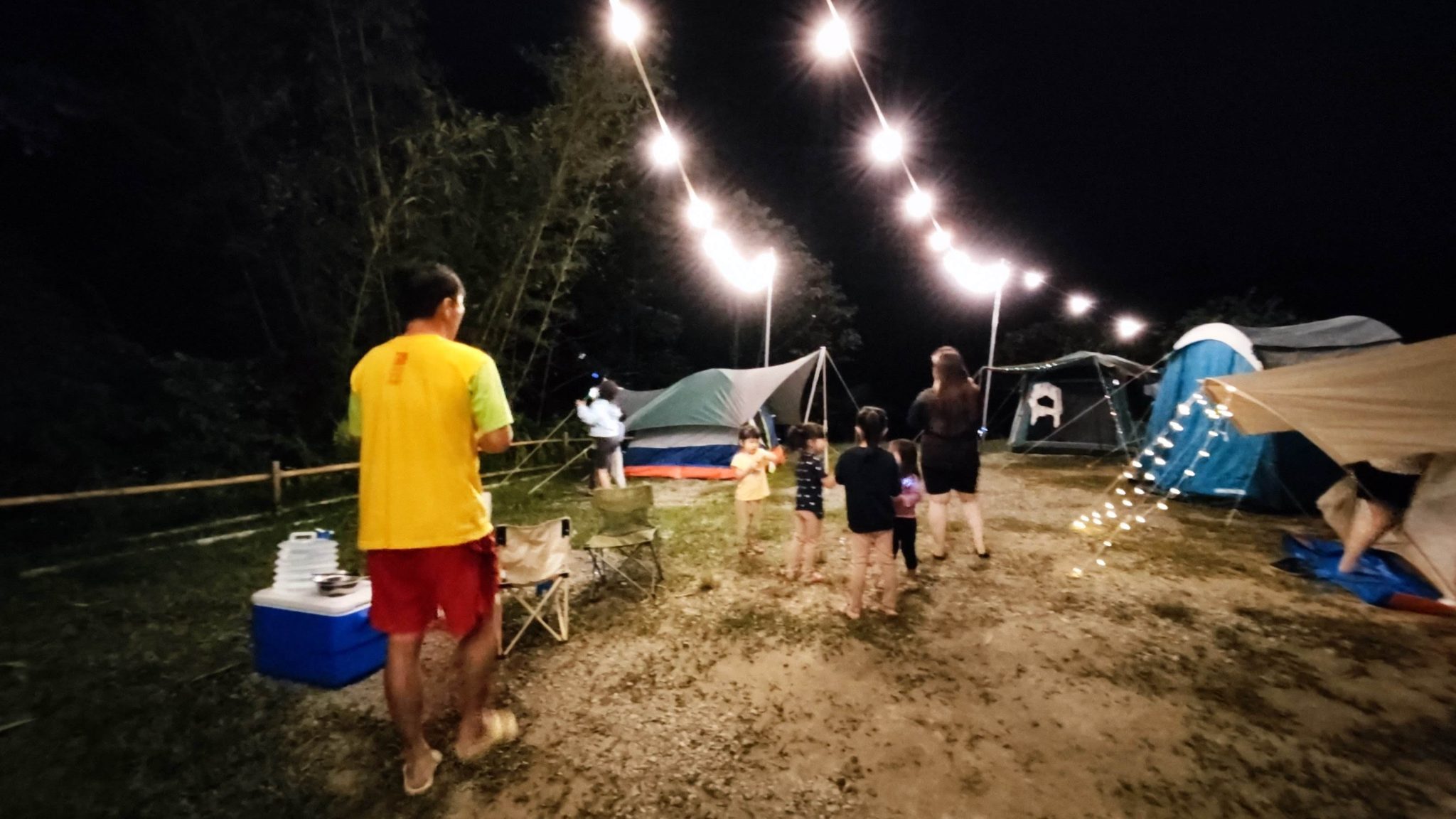
The camping trip that changed their lives.
Buried under layers of mud and debris, Ei Ein drifted in and out of consciousness, her body pinned, her mind clawing through the haze of shock.
She reached out in the darkness. When she found Zech’s foot, she held on to it with desperate hope.
“My foot landed on the steering wheel, and I could horn and alert those outside. I was desperate. I kept pressing at the horn with my foot,” recounted Ei Ein.
She pressed the car horn again and again, a frantic signal for help.
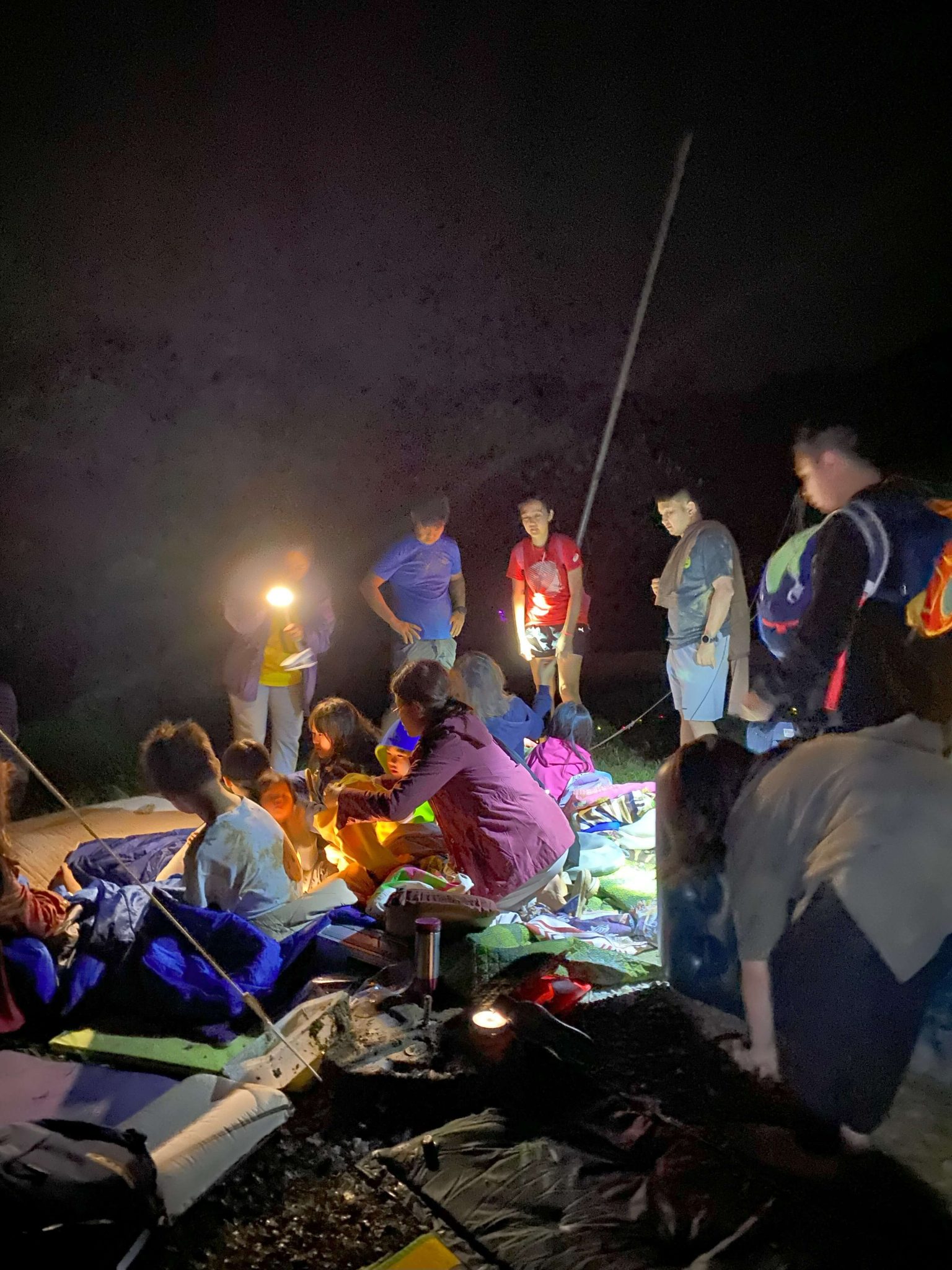
Victims waiting for help after the landslide tragedy.
Outside, Loh waded through thick, soft mud, searching and calling their names while coordinating with rescuers to reach them.
“We had no tools, and the soil was thick and heavy. We couldn’t do much,” recalled Loh.
Hours later, when rescuers finally pulled Ei Ein from the wreckage, she had only one question: “Is my son okay?”
The answer did not come immediately. They only alluded that all was fine.
At the hospital, after receiving treatment, Ei Ein finally heard the words no mother should ever have to hear.
Loh was the one who broke the news to his wife: “Our son had lived a very full life. A very full seven years.”
By then, Ei Ein knew that Zech, her only son, had passed.
Zech’s zest for life
Born on October 29, 2015, Zech had been a long-awaited miracle for the Lohs.
“We waited a long time to conceive him,” Ei Ein recalled. “When he finally arrived, he was the best.”
His birth was difficult, but the moment she held him in her arms, none of that mattered. “It was the best thing that had ever happened in my life.”
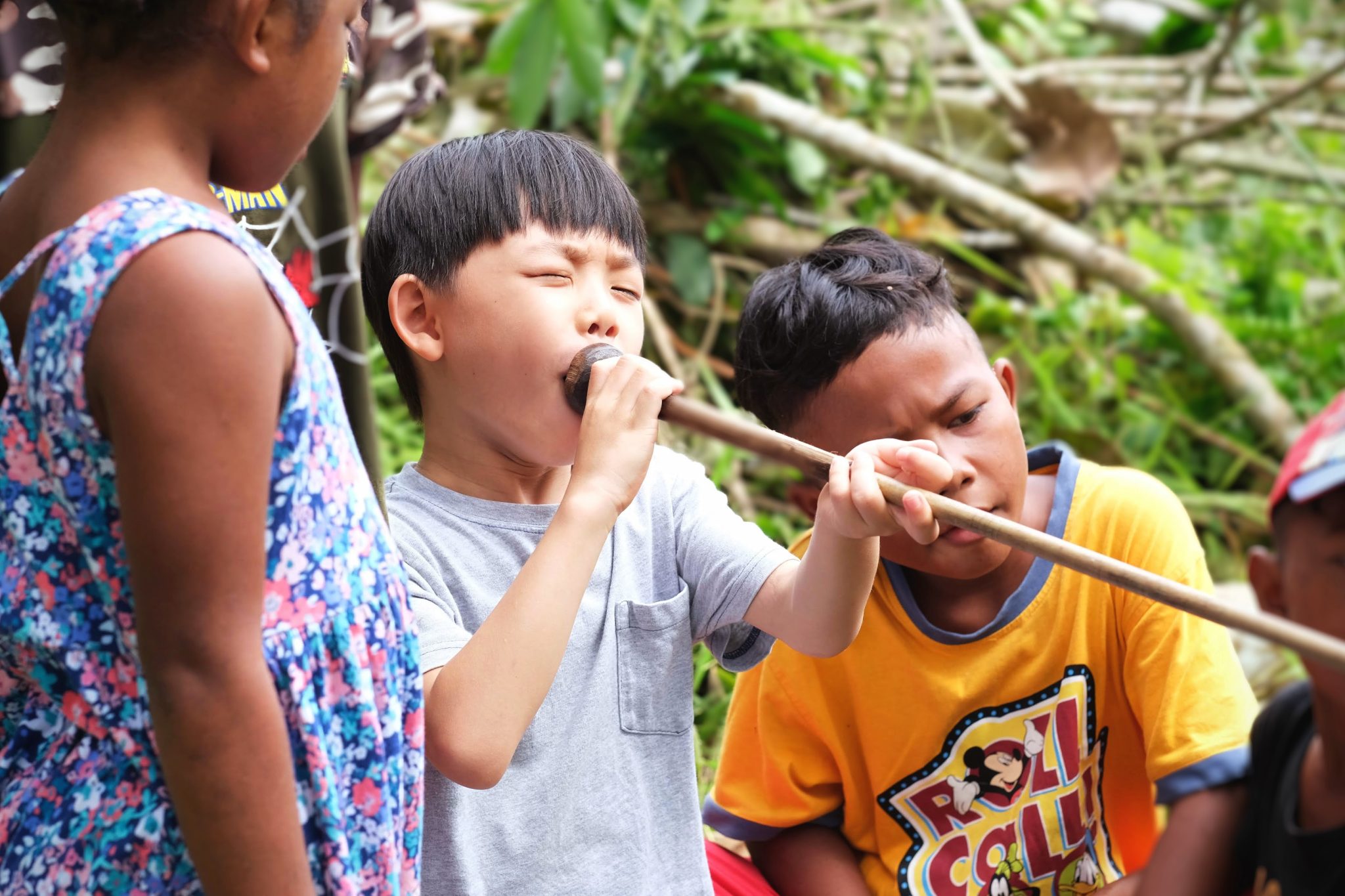
To Zech, pictured here visiting the Orang Asli (Indigenous) Communities in Malaysia, life was an adventure waiting to unfold.
As a boy, Zech would fill a room with energy the moment he entered it. He was talkative, mischievous and endlessly curious. To him, life was an adventure waiting to unfold.
“We have only one word to describe him – crazy!” his parents said with a laugh and deep affection.
As a family, they loved the outdoors and thoroughly enjoyed each other’s company.
The weight of grief
When Zech died, the weight of their loss was crushing. Returning home after the tragedy was another kind of heartbreak.
The house, once alive with Zech’s laughter and the patter of his small feet, now felt unbearably empty.
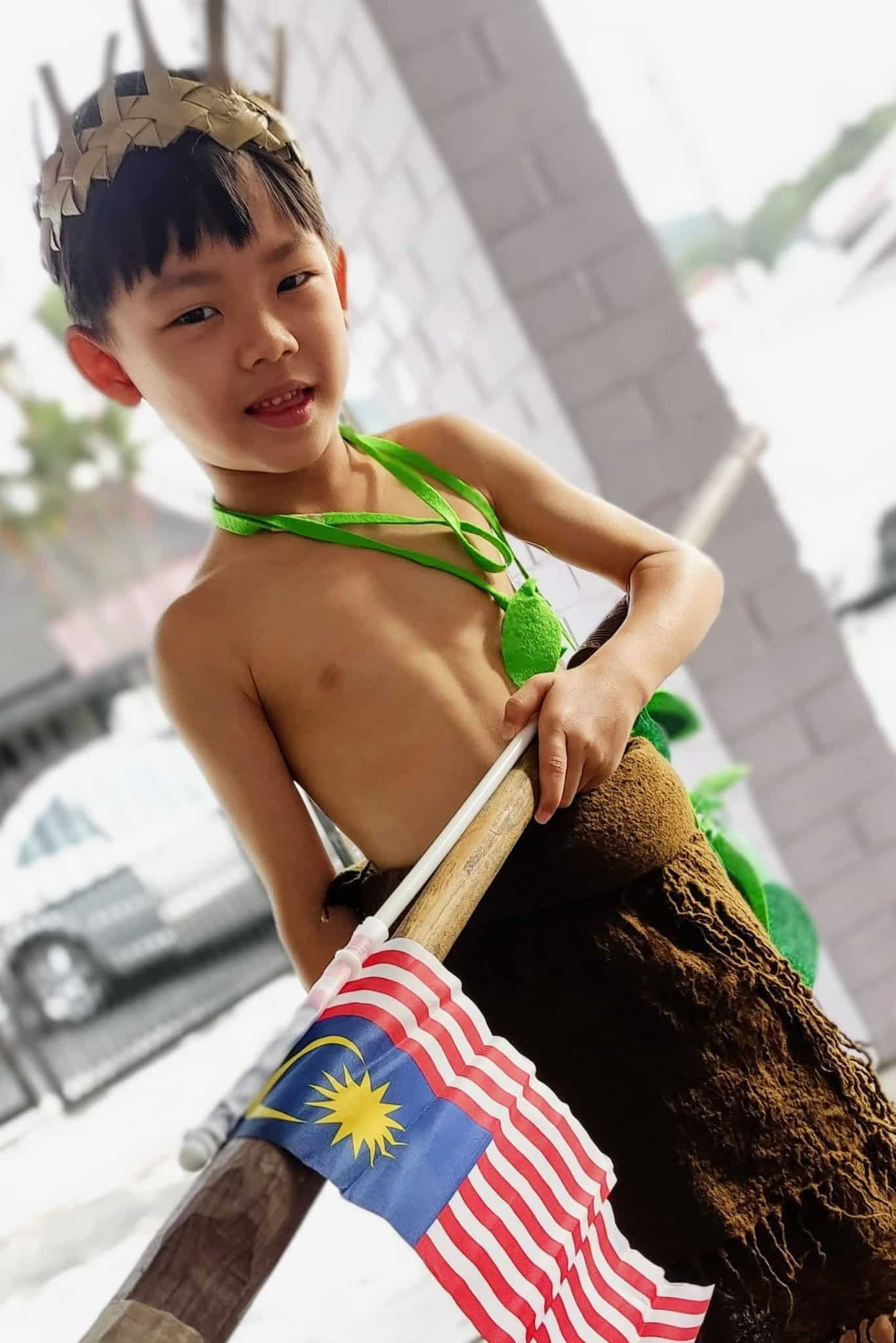
Zech was playful, fun and full of life, his parents said.
Silence and sadness clung to the walls, thick and suffocating.
Ei Ein and Loh couldn’t bear it. In those early days, they stayed out as much as possible, filling their time with work and errands.
“We kept ourselves occupied all the time,” Loh said. “It was hard being at home, not just because of the silence, but the noise.”
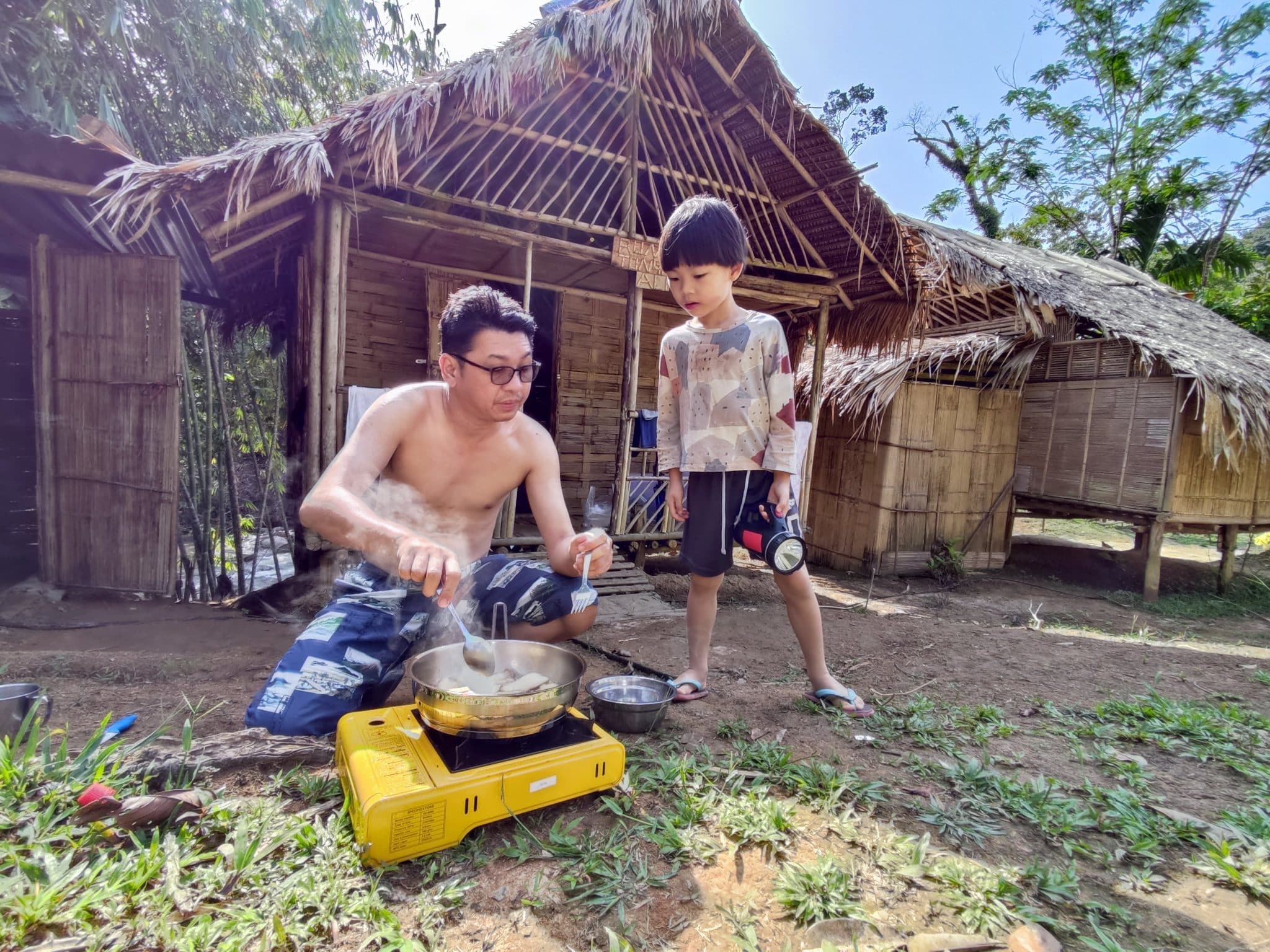
Zech and his father, Loh, loved the outdoors.
Their neighbour was renovating, and the relentless hacking and hammering sent shudders through them. It reminded Loh of the dreadful roar on that fateful night.
“In those early days, all we could do was survive,” shared Ei Ein.
Reconciling a good God with their pain
The loss of Zech didn’t just empty their arms. It upended their dreams, shattered their sense of purpose and left them grappling with a deep theological dissonance.
Their faith wavered, and questions gnawed at them: “Why us? Why now?”
“Our arms, once filled, now ache with longing to embrace our son. We wrestled with God so much. We desperately needed to make sense of this madness,” Ei Ein admitted.
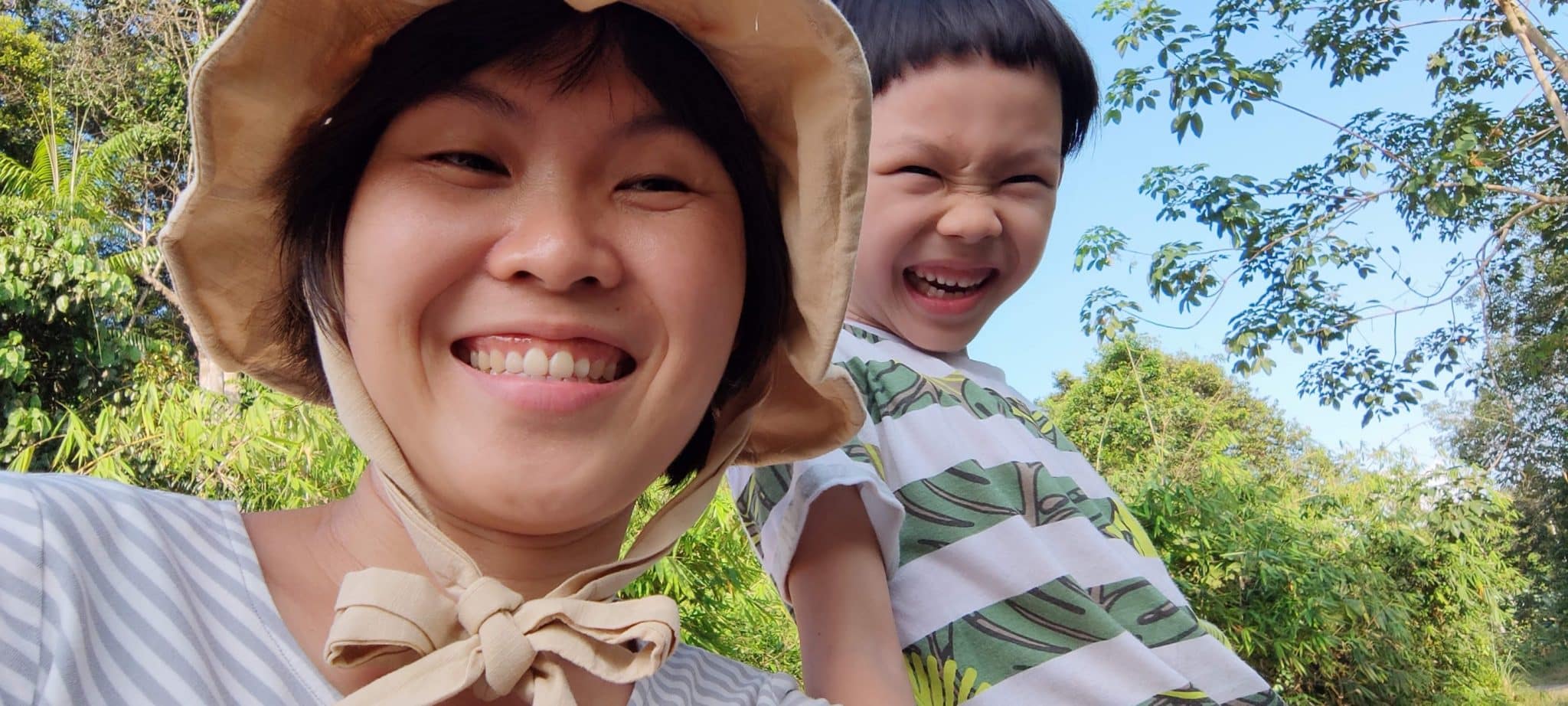
Zech and his mum, Ei Ein, on another adventure.
Loh, too, wrestled – not with the existence of God, but with understanding His will.
“As a Christian, I’ve always believed God gives and takes life. I never doubted my faith. But when I step back and look at the whole tragedy, I still can’t comprehend His will and purpose,” he said.
Amid their questions, help came through their community. Fellow Batang Kali victims, a grief support group and friends walked alongside them.
“I may never understand, but it doesn’t erode my faith in Him.”
Ei Ein, who once read stories with Zech during their weekly coffee dates, found solace in reading grief literature.
One book, A Grace Disguised by Jerry Sittser, moved her to tears and offered her a language for her sorrow. “It became my safe space to process my loss and thoughts,” she said.
Loh, meanwhile, found comfort in friendships with others who had experienced unbearable loss. One such person was the late Pastor Eddy Quay, who had lost his teenage daughter suddenly.
“Despite never getting answers to his ‘why’s, he never stopped serving. That’s how I wish to reconcile with God,” Loh said. “To know that I may never understand, but it doesn’t erode my faith in Him. He is still a good God who plans to prosper, not to harm.”
Through their grief, the couple acknowledges that their hearts have become more tender toward others, in the way that Jesus is close to the brokenhearted.
“I am more aware of the pain and suffering that people are going through, more aware of the burdens they carry,” Ei Ein said.
God’s comfort comes in different forms
The landslide tragedy claimed 31 lives, 13 of whom were children. Other families who had lost loved ones in the landslide became the couple’s unexpected companions in sorrow.
“We meet at least once every year on the anniversary of the tragedy. We book the same place and gather to talk and connect. Meeting people who carry the same kind of pain makes us feel less alone,” said Loh.
“When the Bible talks about the cloud of witnesses cheering us on, I sometimes feel they are not just those who have passed, but those still here, standing with us,” Ei Ein reflected.
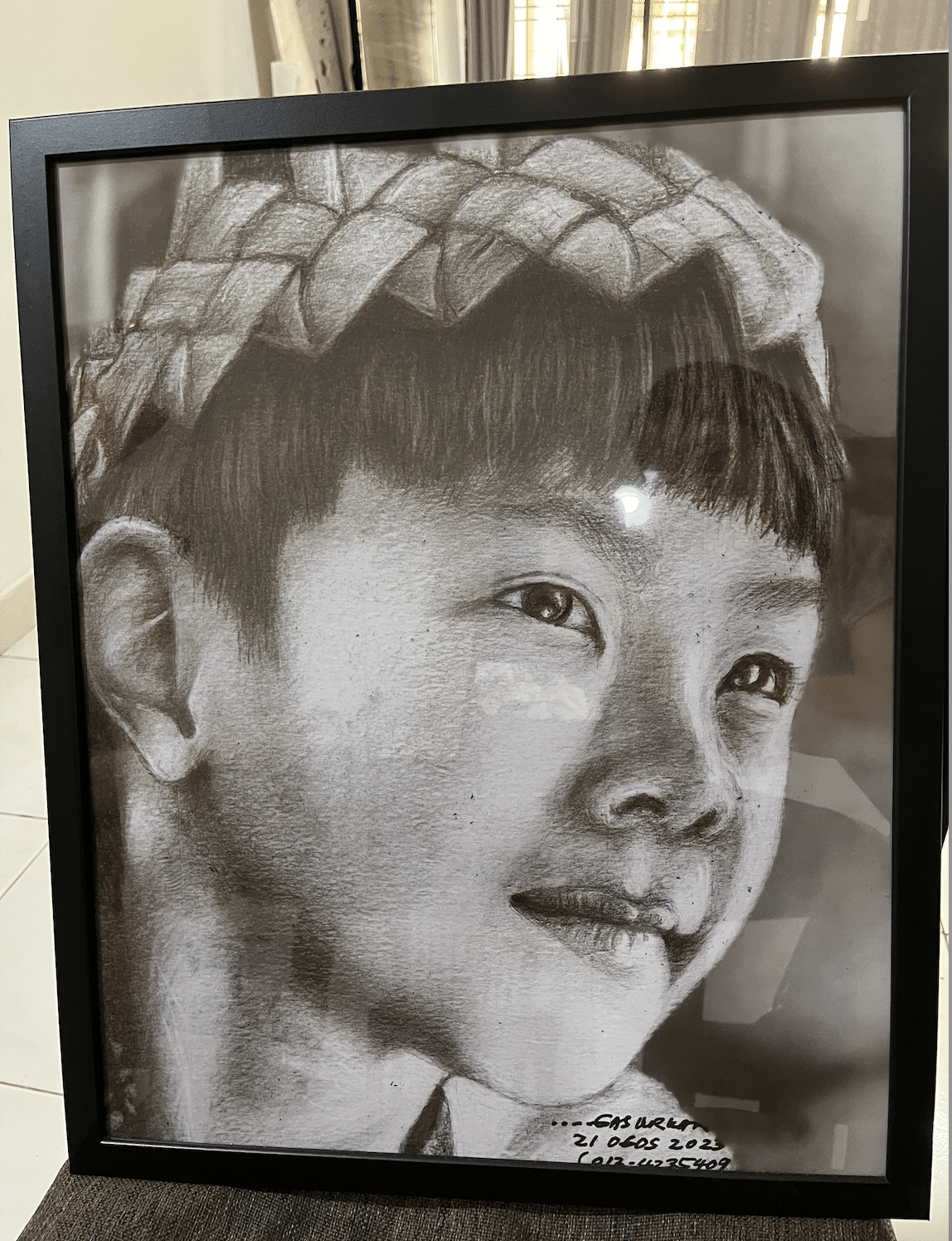
The many ‘angels’ who entered Loh and Ei Ein’s life were friends who shared their talents in meaningful ways. This sketch of Zech is one of those precious gifts.
Friends sent business opportunities their way to keep them afloat and engaged in meaningful projects. Others created mementos – art pieces and drawings of those who had lost their lives in the landslide.
Help also came through volunteers, storytellers documenting the incident, environmentalists, legal advisors, subject matter experts and counsellors who helped them navigate their grief.
God’s presence, they realised, comes in different forms. “It’s the community that God surrounds us with that helped us go through the aftermath. His provision is very real,” shared Ei Ein.
Beauty in the valley
The tombstone on Zech’s grave remained empty for many months. The couple wanted something that reflected Zech’s zest for life.
Ei Ein pored over the Internet and finally set her eyes on the idea of a mosaic tombstone.
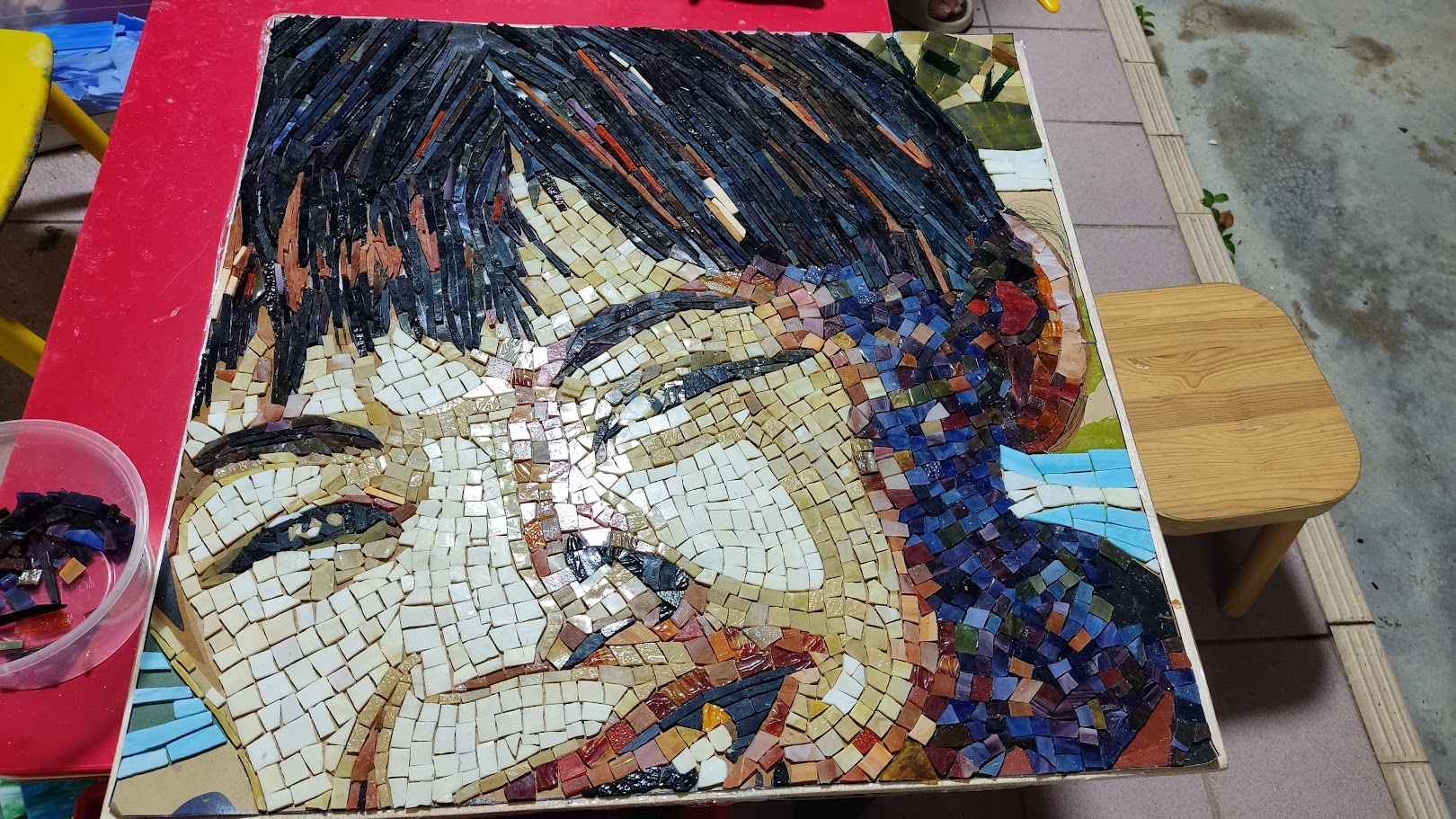
The mosaic artwork of Zech coming together.
“God brought people to help us create it. From the designer who sketched the perfect picture of Zech, to my uncle who supplied us with coloured glass pieces and taught us how to put it together, and a fellow Batang Kali victim who helped transfer and assemble the entire piece, it was a labour of love,” she shared.
Finally, after more than six months of work, the couple had a small celebration of life at Zech’s grave to remember the gift of life God had given them.
Learning to live with grief in life full of hope
As parents, their grief will never fully leave. “We will always miss Zech,” Loh said.
However, the couple continues to carry and live out a hope and vision they once had as a family – one that Zech would have loved.
“A few months before Zech passed, we were looking for a place outside the city to begin a new adventure, to live a somewhat self-sustaining lifestyle. We abandoned the plan when the tragedy happened,” said Ei Ein.
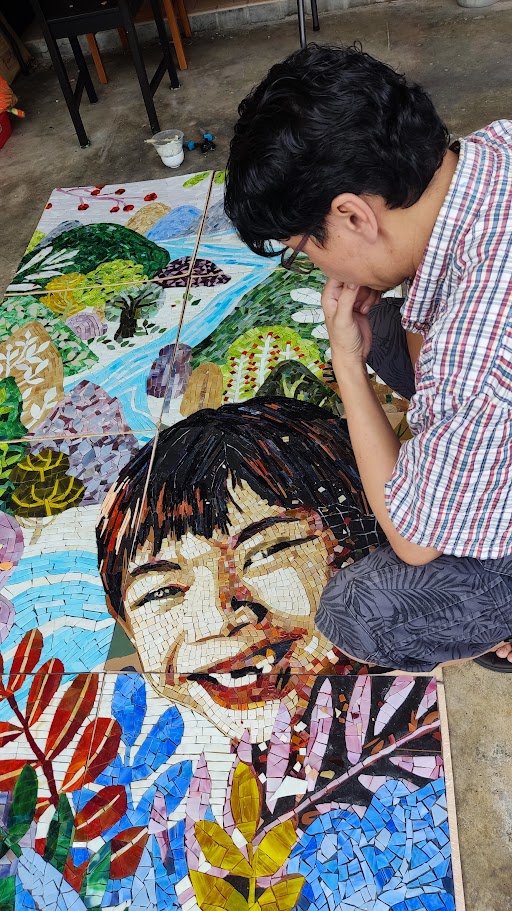
Loh admiring the mosaic artwork that was to be set at Zech’s grave.
But now, new hope is beginning to rise.
With resolve in her voice, she said: “I think we will still do it, in remembrance of Zech and his zeal for life.”
And as they look ahead, they hold on to an unshakable hope that this life is not the end – that one day, beyond the ache of now, they will see Zech again in eternity.
For now, their journey on earth is not yet done.
RELATED STORIES:
“Standing behind my son’s coffin was hell for me”, yet through her loss she found a new beginning
“Death is not the end”: A mother consoles others at the wake of her son
We are an independent, non-profit organisation that relies on the generosity of our readers, such as yourself, to continue serving the kingdom. Every dollar donated goes directly back into our editorial coverage.
Would you consider partnering with us in our kingdom work by supporting us financially, either as a one-off donation, or a recurring pledge?
Support Salt&Light